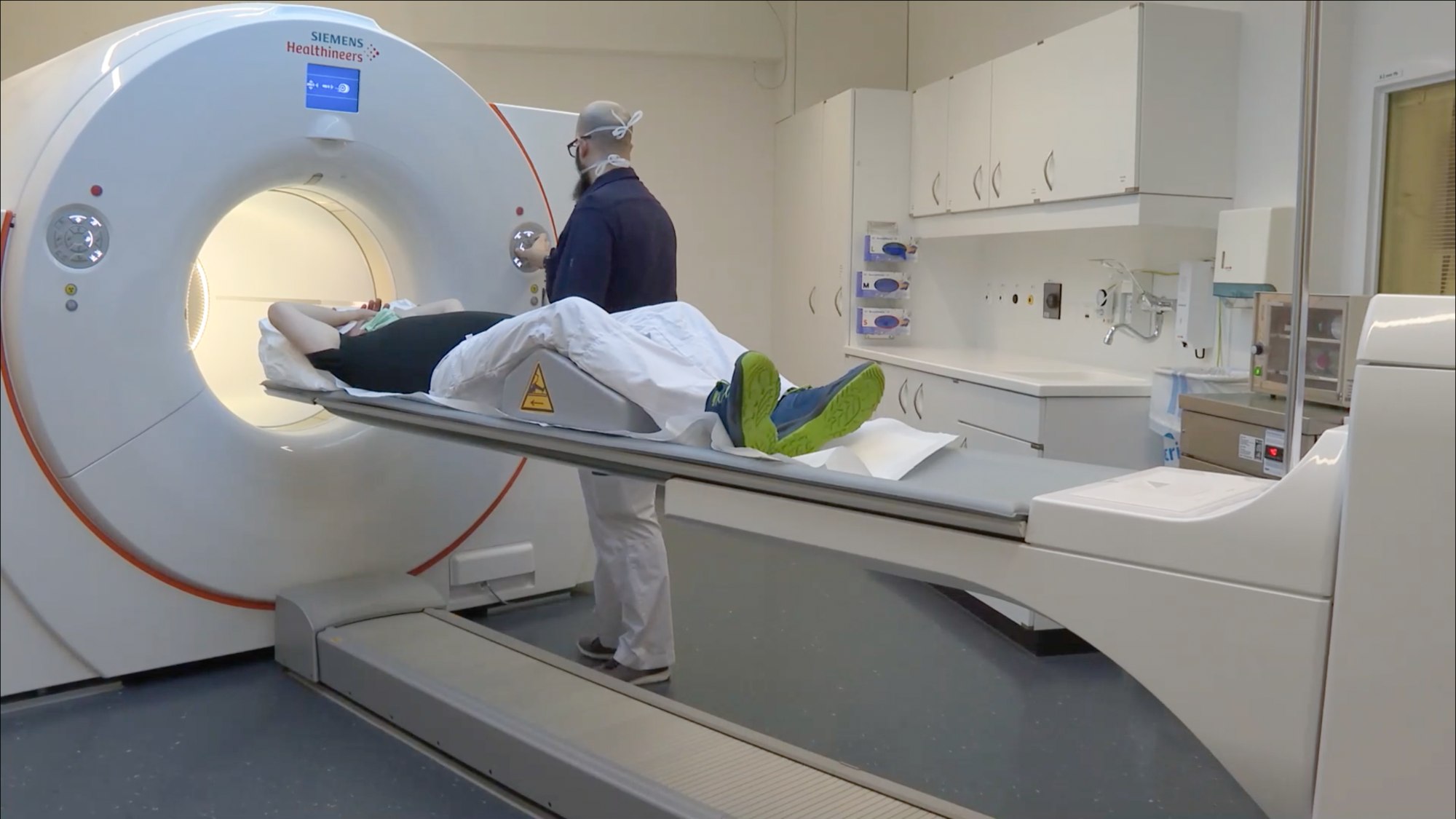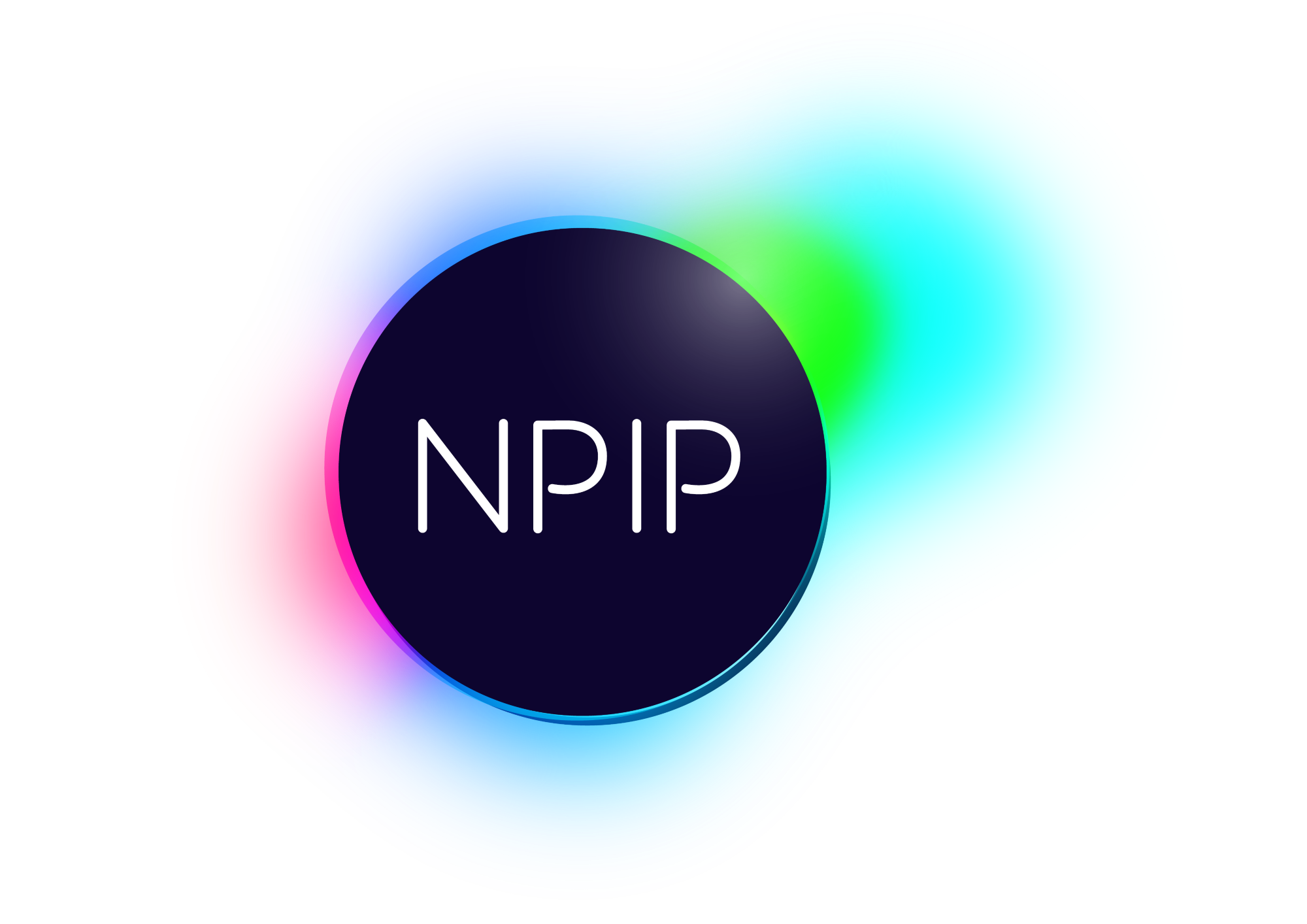Helping to drive the UK’s science superpower status through innovation
Siemens Healthineers Biograph Vision Quadra Total-Body PET Scanner | Credit: Siemens Healthineers
A new platform has been unveiled to bring revolutionary total-body PET imaging infrastructure and intelligence to the UK.
An investment of £32 million has been made into state-of-the-art total-body positron emission tomography (PET) technology by the UK Government to help drive the nation’s reputation as a global life science superpower. It will unlock new groundbreaking discoveries and attract the international research community to conduct clinical trials on British soil.
The investment has funded a unique blend of high-tech infrastructure and collective intelligence, all brought together through the National PET Imaging Platform (NPIP).
Managed through a partnership between Medicines Discovery Catapult (MDC), the Medical Research Council (MRC) and Innovate UK, NPIP is the UK's first-of-its-kind national total-body PET imaging platform for drug discovery.
NPIP is designed to give the UK’s pioneering researchers unprecedented access to technology that will explode the scope of research into multi-organ, complex diseases. It will allow the kind of collaboration in imaging research, the likes of which we have never seen before.
Bringing together the work of our pioneering researchers in this way will, at last, give us a complete picture of how patients respond to new treatments and pathways of care.
Commenting on the launch of NPIP, George Freeman MP, Minister of State at the Department for Science, Innovation and Technology said: “Advances in imaging and informatics pioneered here in the UK have led to a step-change in how we diagnose and treat diseases like cancer and Alzheimer's, bringing hope to patients and their families.
"Our £32 million backing for this Platform will give British clinicians and researchers access to a never-before-seen breadth of data, pushing forward new innovations from drug discovery to screening, strengthening our life sciences sector, and ultimately transforming lives."
Investing in National Infrastructure
The National PET Imaging Platform will receive and share data from two new total-body PET scanners supplied by Siemens Healthineers.
PET scanning is a crucial, non-invasive imaging technique that can detect diseases' early onset. With higher sensitivity than existing technology, NPIP’s total-body PET scanners will provide new insights into anatomy that have never been seen before, improving our detection, diagnosis and treatment of complex, multi-organ diseases.
The scanners will be situated in Scotland and London, serving the length and breadth of the UK and providing national access to the benefits of the groundbreaking platform and its technology. Each facility will be jointly managed by the Universities of Edinburgh and Glasgow in Scotland and by King’s College London and Imperial College London in London.
This national infrastructure aims to make PET imaging a world-class provision in the UK. By enabling better access to state-of-the-art imaging facilities for academia, industry, and SMEs, NPIP will contribute towards better outcomes for patients across the country.
 Demo of a total-body PET scan | Credit: Inselspital, Bern, Switzerland
Demo of a total-body PET scan | Credit: Inselspital, Bern, Switzerland
Richer Picture of Health
Current PET technology is less sensitive than total-body PET and requires the patient to be repositioned multiple times to achieve a full-body field of view. Total-body PET scans are quicker, exposing patients to considerably lower doses of radiation, meaning more patients, including children, can participate in clinical trials to improve researchers’ understanding of diseases.
The speed of total-body PET scanners means that NPIP will be able to facilitate more patient scans, with the potential to therefore enhance the scale and impact of clinical research projects.
This richer picture of human health will help us develop drugs and diagnostics more effectively and bring them to market quicker, benefiting patients and enabling the UK to unlock new opportunities to treat complex diseases like cancer and cardiovascular and neurological diseases.
Setting a New Standard for Research
The value of NPIP is huge for organisations across the UK life science sector, who will be able to access superior clinical data, not just from their own trials but from every research programme that is plugged into the platform.
NPIP’s network of infrastructure and intelligence will provide a complete picture of patients and how they respond to novel drugs and treatments.
Uniquely, it will also connect insights from many research programmes and trials. In doing so, NPIP will begin to build a rich bank of data that the PET community can access for the benefit of patients.
It means that, collectively, we can drive forward drug discovery with renewed confidence and drive world-leading capabilities in detection, diagnosis, and treatment.
Dr Juliana Maynard, Director of Operations and Engagement for the National PET Imaging Platform and Head of Translational Imaging at Medicines Discovery Catapult, said:
“PET scanning is nothing short of transformational for patients who need it the most. Total-body PET scanners can detect serious diseases with unprecedented speed and accuracy. The launch of NPIP and the provision of these state-of-the-art total-body PET scanners is a testament to the UK's expertise and strength as a life sciences superpower and the collaborative efforts of the entire UK PET community.
“The infrastructure established by NPIP will enable better patient outcomes and increased healthcare efficiencies through the development and translation of new diagnostics and therapies via clinical trials.
“NPIP will deliver even more detailed and insightful data, encourage greater collaboration across the clinical research community and unlock more opportunities for drug discovery and development. It will become the new benchmark for excellence in UK imaging research.”
For more information, please visit www.npip.org.uk.
The National PET Imaging Platform is funded through the UKRI Infrastructure Fund.

